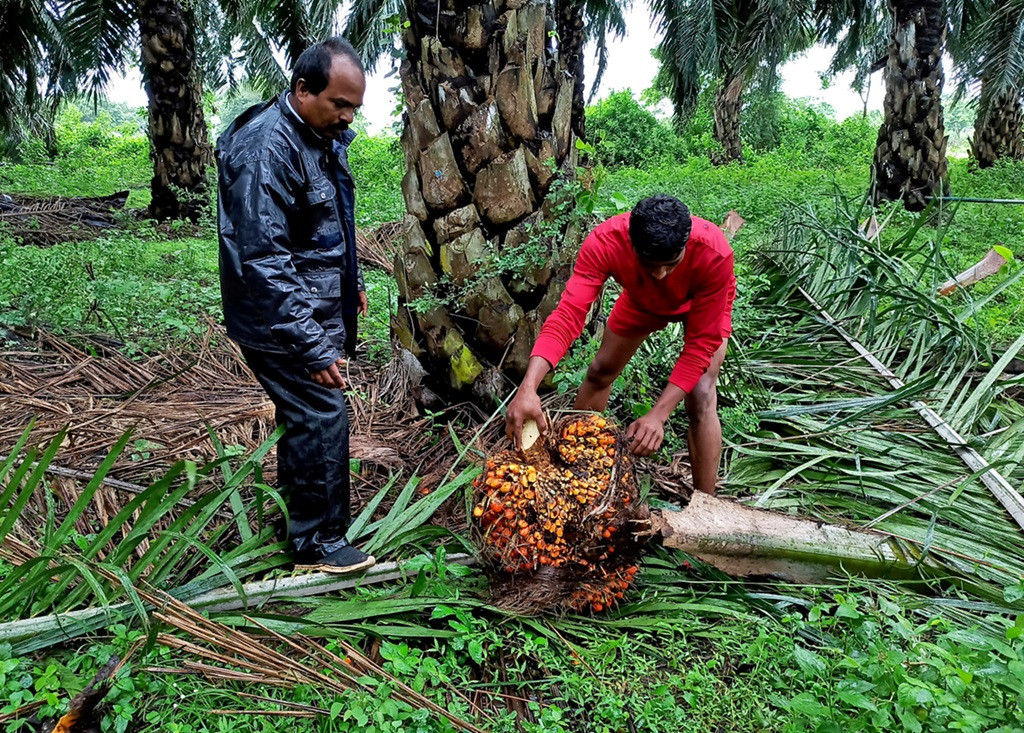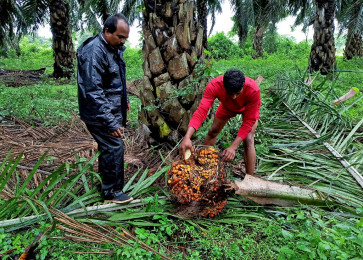Popular Reads
Top Results
Can't find what you're looking for?
View all search resultsPopular Reads
Top Results
Can't find what you're looking for?
View all search resultsThe biofuel sham could worsen global hunger and inequality
The benefits of biofuels have often been overstated, and their costs underestimated.
Change text size
Gift Premium Articles
to Anyone
A
nother major source of greenhouse-gas (GHG) emissions is poised to use biofuels to “decarbonize.” The shipping industry has now joined the auto and aviation industries in viewing this “cleaner” alternative to fossil fuels as a means of reducing its emissions, without meaningfully changing its activities. But the benefits of biofuels have often been overstated, and their costs underestimated.
International shipping uses more than 300 million tonnes of fossil fuels annually, equating nearly 5 percent of global oil production. The industry is responsible for 3 percent of global GHG emissions, which is above the level of industrial powerhouses like Germany or Japan.
The United Nations’ maritime regulator, the International Maritime Organization (IMO), is seeking to change this. In 2023, the IMO committed to target a 20 percent reduction in shipping emissions (striving for 30 percent) by 2030 and a 70 percent reduction (striving for 80 percent) by 2040.
Since then, it has been working with its 176 member states to negotiate a set of measures that would advance these objectives and bring shipping emissions “close to zero” by 2050.
But the April 2025 deadline for a final framework is looming, and last month’s negotiations in London produced limited progress. As Constance Dijkstra, IMO Policy Manager at the advocacy group Transport & Environment, noted, “We still do not know how much ships will be expected to reduce their emissions, and which fuels and technologies will count as green.”
The answers to those questions, including whether biofuels are embraced or rejected, will be the difference between important progress and environmental disaster.
As matters stand, the IMO will implement a “global fuel standard”, which would require ships to use lower-emission fuels during the transition to zero-emission alternatives. Some IMO members, notably, Brazil, say that biofuels should be central to this initiative. Brazil, a major producer of crop-based biofuels, would profit handsomely from such an approach. But there is nothing sustainable about it.



















